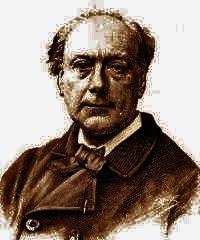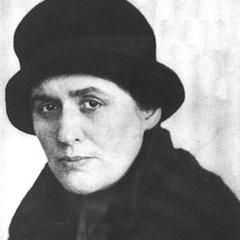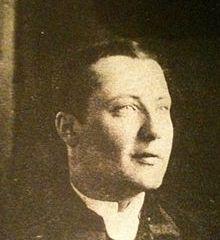William Shakespeare Quotes about Son
William Shakespeare, Edmond Malone, John Boydell, Samuel Johnson (1857). “King Lear. Romeo and Juliet”, p.277
O gentle son, Upon the heat and flame of thy distemper, sprinkle cool patience.
William Shakespeare, James Boswell, Alexander Pope, Richard Farmer, Samuel Johnson (1821). “The Plays and Poems of William Shakspeare”, p.398
William Shakespeare, Michael Hattaway (1993). “The Third Part of King Henry VI”, p.136, Cambridge University Press
Cross, William Shakespeare (1989). “William Shakespeare: The Complete Works”, p.64, Barnes & Noble Publishing
Methinks a father Is at the nuptial of his son a guest That best becomes the table.
William Shakespeare, William Dodd (1842). “The Beauties of Shakspeare: Regularly Selected from Each Play : with a General Index Digesting Them Under Proper Heads”, p.93
William Shakespeare, Samuel Johnson, George Steevens, Isaac Reed (1819). “Henry V. King Henry VI, part 1. King Henry VI, part 2. King Henry VI, part 3. King Richard III. King Henry VIII. Troilus and Cressida. Timon of Athens. Coriolanus. Julius Caesar. Antony and Cleopatra. Cymbeline. Titus Andronicus. Pericles. King Lear. Romeo and Juliet. Hamlet. Othello”, p.419
William Shakespeare (2008). “The Oxford Shakespeare: King Henry VIII: or All is True”, p.154, OUP Oxford
William Shakespeare, William Harness, William Gilmore Simms (1842). “The Complete Works of William Shakspeare”, p.627
William Shakespeare (1883). “Shakespeare's King Henry V”
William Shakespeare (1842). “The Works of William Shakespeare: The Text Formed from an Entirely New Collation of the Old Editions : with the Various Readings, Notes, a Life of the Poet, and a History of the Early English Stage”, p.475
'Henry IV, Part 1' (1597) act 1, sc. 2, l. [108]
William Shakespeare (1833). “The plays and poems of William Shakspeare”, p.840
To think but nobly of my grandmother: Good wombs have borne bad sons.
William Shakespeare (1998). “The Tempest”, p.16, Oxford University Press, USA
William Shakespeare (2014). “Arden Shakespeare Complete Works”, p.417, Bloomsbury Publishing







